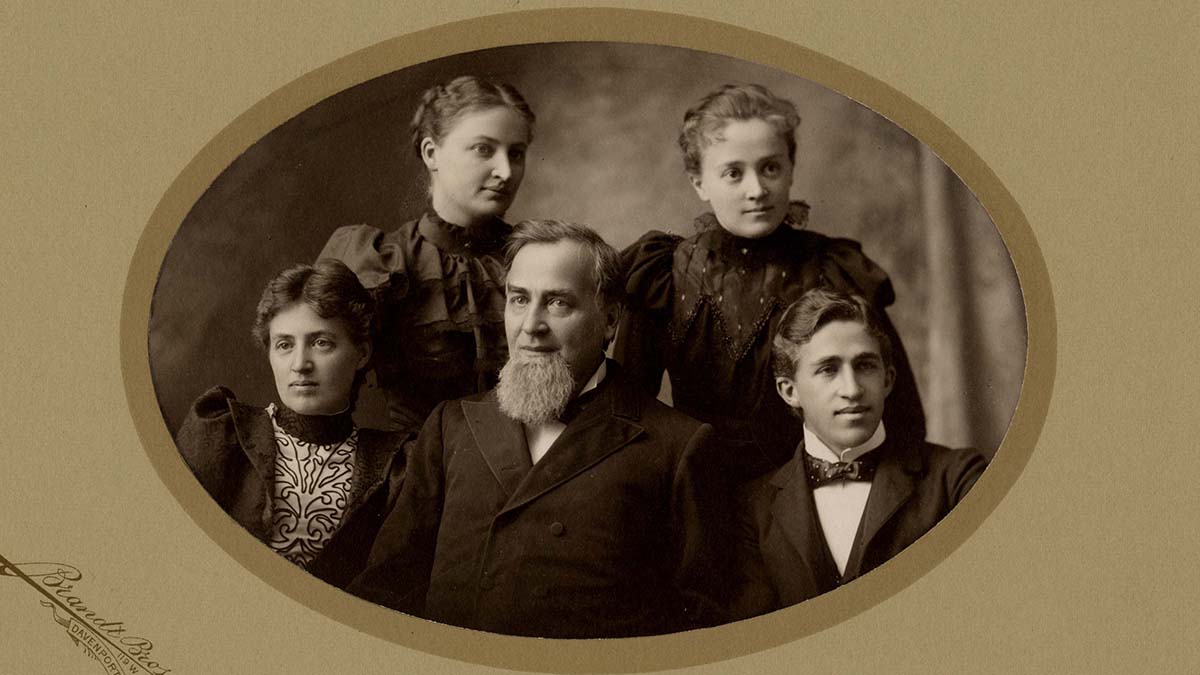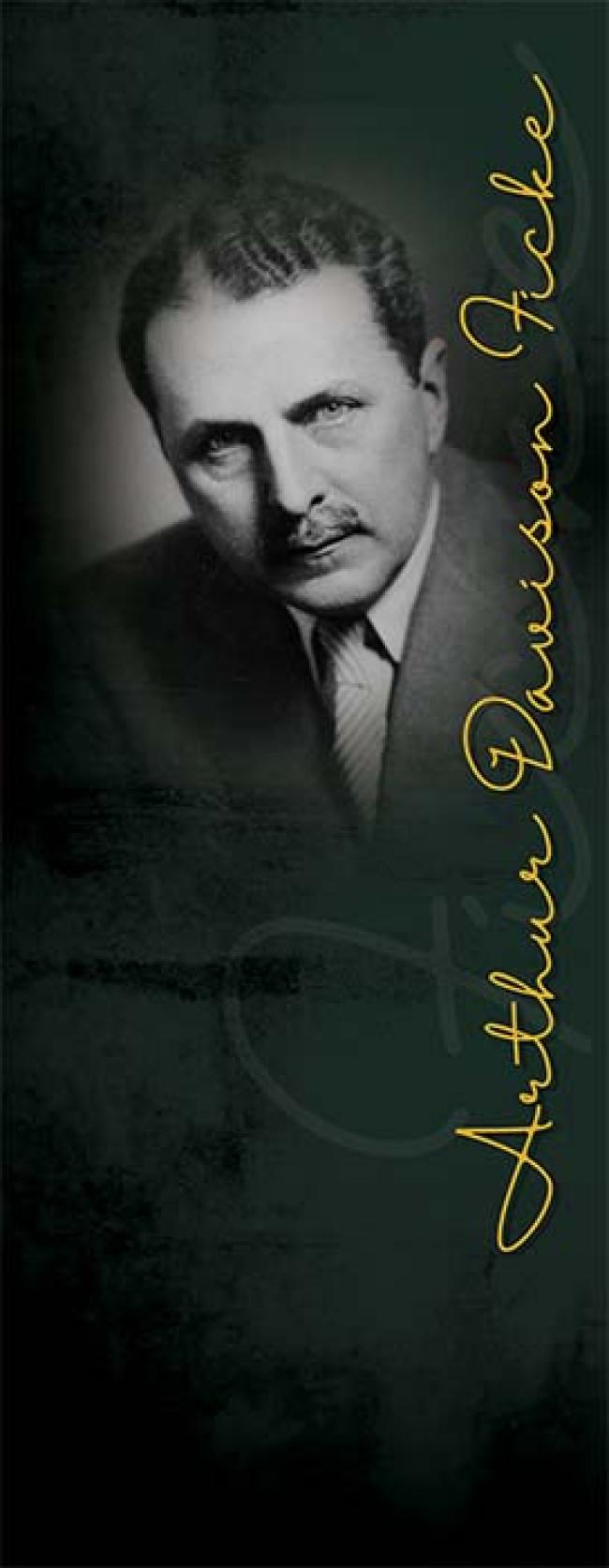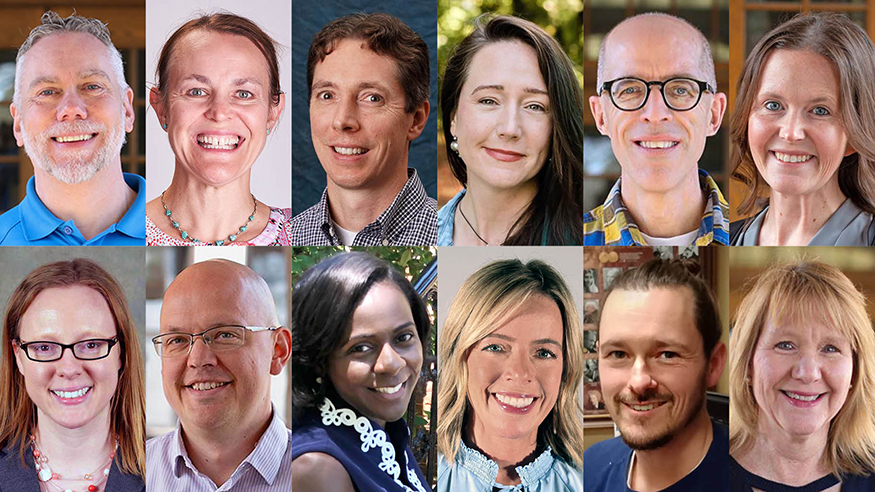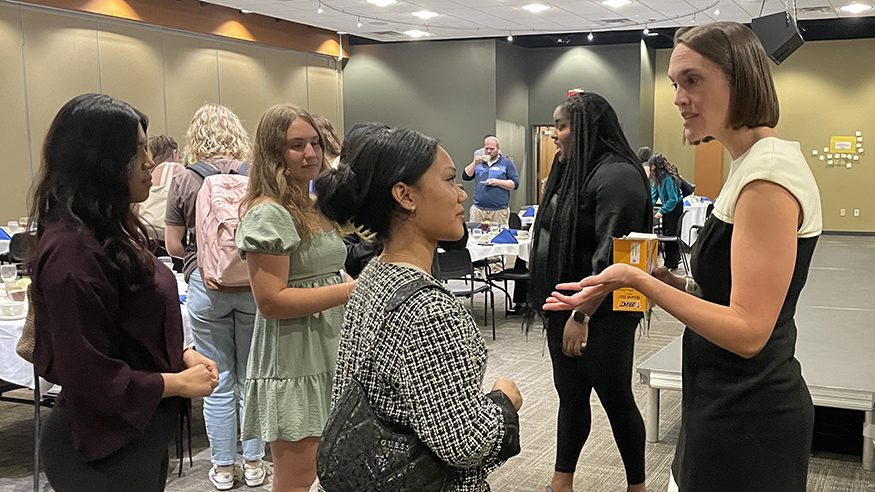It was in a motel in Moline, Ill., that Arthur Davison Ficke and Witter Brynner started the greatest American literary hoax of all time.
In the early 1900s, modernists were experimenting with new forms of poetry that offered concrete images in simple verse. Ficke and his friends were tired of hearing about the new schools of poetry and created a fake poetic school called Spectra to make fun of the fad.
Opus 118 (from Spectra)
If bathing were a virtue, not a lust,
I would be dirtiest.
To some, housecleaning is a holy rite.
For myself, houses would be empty
But for the golden motes dancing in sunbeams.
Tax-assessors frequently overlook valuables.
Today they noted my jade.
But my memory of you escaped them.
From 1916 to 1918, Ficke and Brynner delighted in fooling critics into thinking their jumbled poetry was new art. When word came out that the poetic school was a hoax, critics who initially praised the works quickly turned and criticized the poets and their poems.
Spectra notoriety aside, Ficke was also an important poet. His poems regularly appeared in the preeminent Poetry magazine, and over his life, he published 10 collections of poetry as well as several works of art criticism.
Ficke was especially intrigued by Japanese woodblock prints and believed that Japanese prints were tied closely to poetry, since both were strongly dependent on metaphors.




